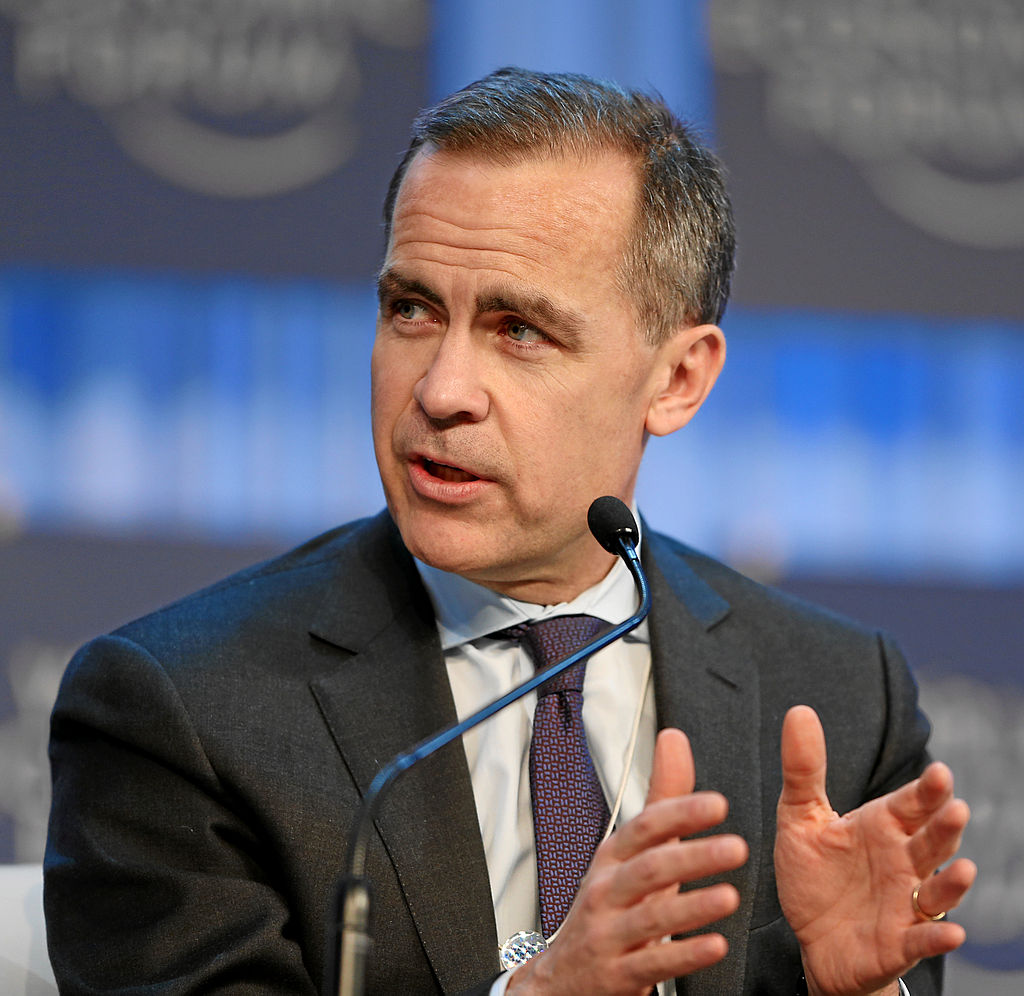 Since the housing market crashed in 2008 the Bank of England has worked closely with the UK government in order to improve house prices and increase activity in the market. Now, the recession is finally over and throughout the year house prices have been increasing at a rapid rate, showing a growing amount of demand in the market.
Since the housing market crashed in 2008 the Bank of England has worked closely with the UK government in order to improve house prices and increase activity in the market. Now, the recession is finally over and throughout the year house prices have been increasing at a rapid rate, showing a growing amount of demand in the market.
The main way in which the Bank of England helped the recovery of the housing market was by lowering their baseline interest rate to just three per cent. Homeowners with tracker mortgages benefitted from the fact that their monthly mortgage payments were more affordable and more people were able to get onto the housing ladder due to the fact that banks were able to offer fixed term mortgages with lower rates.
However, even though the economy is now improving, members of the Bank of England cannot agree on whether they should increase interest rates again. Some fear that even though the market is doing well right now it is still fragile, meaning that if the Bank of England increases their interest rates too soon it could crash again. This is why they have introduced alternative measures such as capping the amount lenders can offer homeowners to just 4.5 times their income.
In addition, the Financial Conduct Authority (FCA) introduced the Mortgage Market Review (MMR) which it hopes will protect the housing market for the future by encouraging lenders to be more responsible. After putting all these measures in place it is not surprising to hear that the Bank wants more control what will happen to the housing market in the future, especially if a new political party with conflicting policies comes into power after the General Election.
This is why this week the Bank has officially asked for more power when it comes to the housing market and its ability to create policies that will limit the amount lenders can offer to homeowners. At the same time as asking for more power from the government the Bank published a report stating that the Help to Buy scheme has a “good bill of health” and therefore should remain in place.
In a letter to the Chancellor of the Exchequer George Osborne, the governor of the Bank of England, Mark Carney, said: “Under current market conditions, the committee assesses that the scheme does not pose material risks to financial stability. The scheme does not appear to have been a material driver of growth – for example, take-up of the scheme has been weak in London, where house price growth has been strongest.”
In response to the Bank’s letter, Mr Osborne said: “I was pleased to see the committee’s conclusions that the scheme does not pose material risks to financial stability in the UK and has not been a material driver of recent house price growth.” The Bank of England was also praised this week due to the fact that the housing market is starting to slow down, meaning that it should become even more stable over the next few years.
According to the Bank mortgage approvals decreased from 66,100 to 64,212 in July, showing that their current measures are working. Discussing the Bank of England, Mark Harris from mortgage broker SPF Private Clients said: “With Mark Carney stating last week that the first interest rate rise is getting closer, borrowers should not be complacent about low interest rates. While the governor of the Bank of England pledged that increases would be limited and gradual, borrowers must still plan ahead and ensure they can afford their mortgage now and in the future. Five-year fixed rates in particular are good value and provide certainty for the medium term.”
Meanwhile, Howard Archer, chief UK and European economist at IHS Global Insight, said: “While markedly improved consumer confidence – currently at the highest level for more than nine years – means people have become more prepared to borrow in recent months, they still appear wary of taking on a large amount of new debt.”
Photo by World Economic Forum / CC BY-SA 2.0


